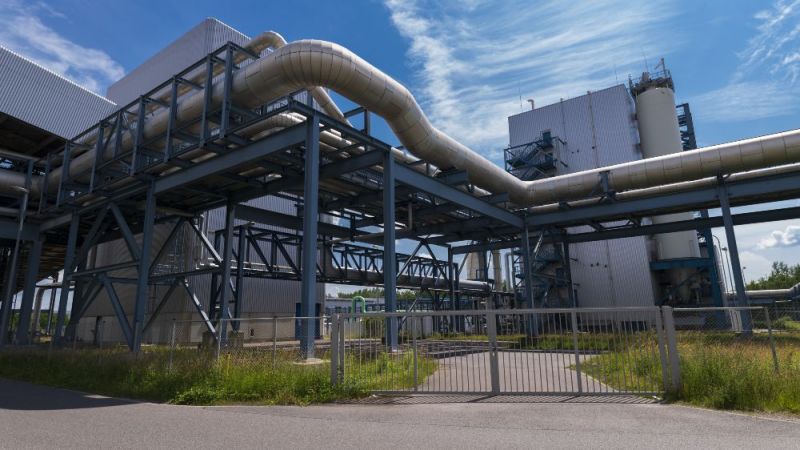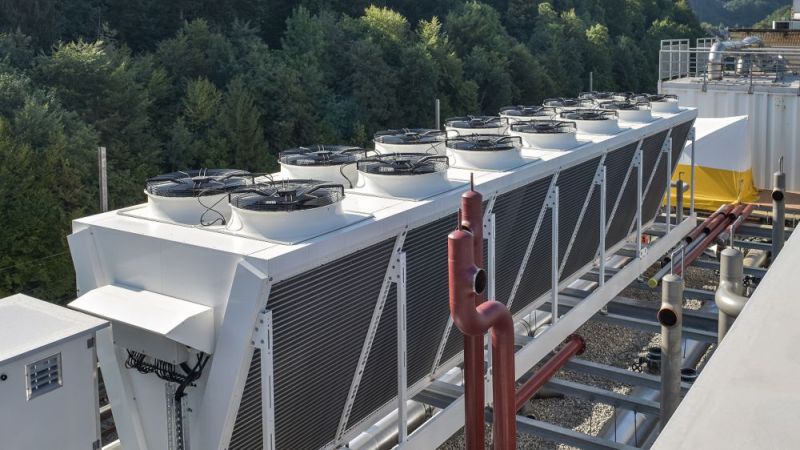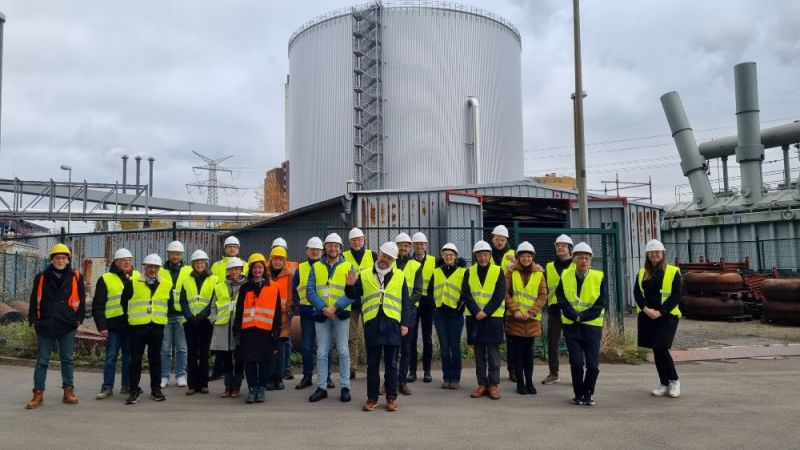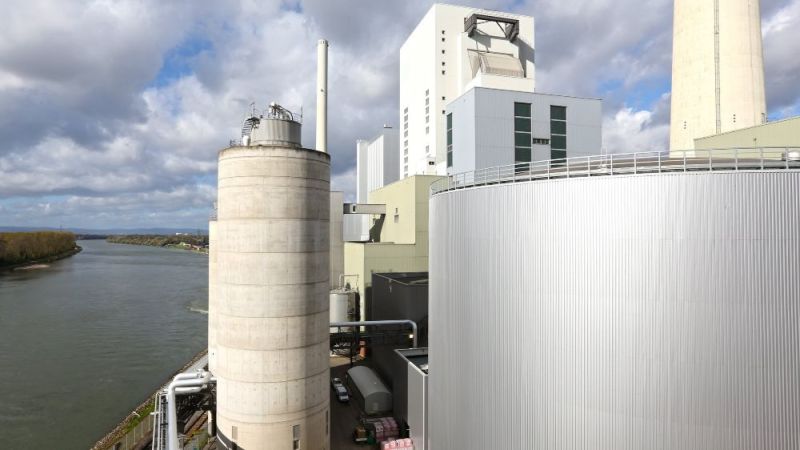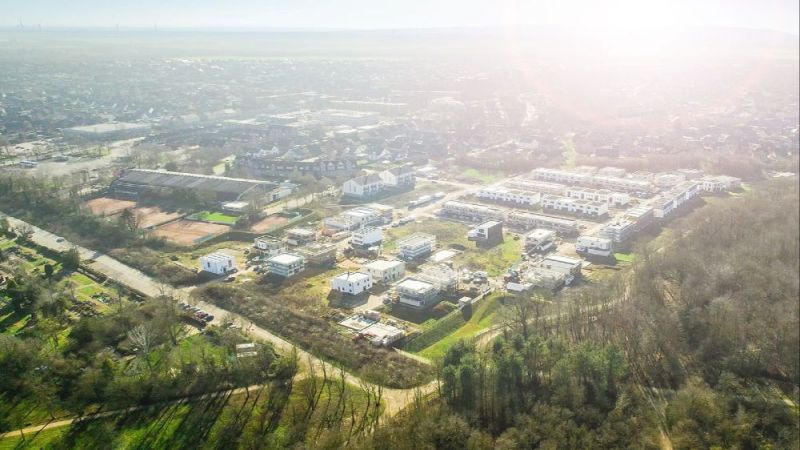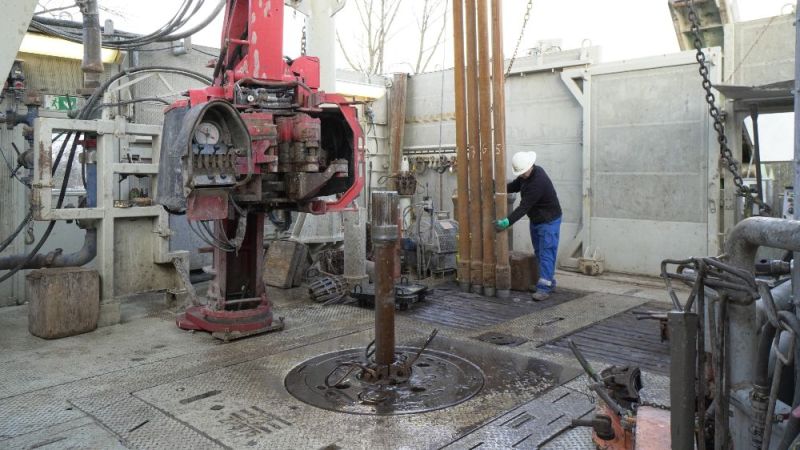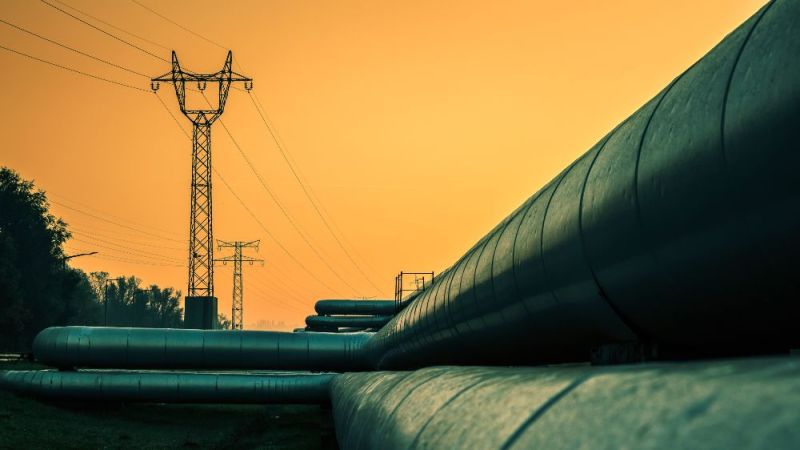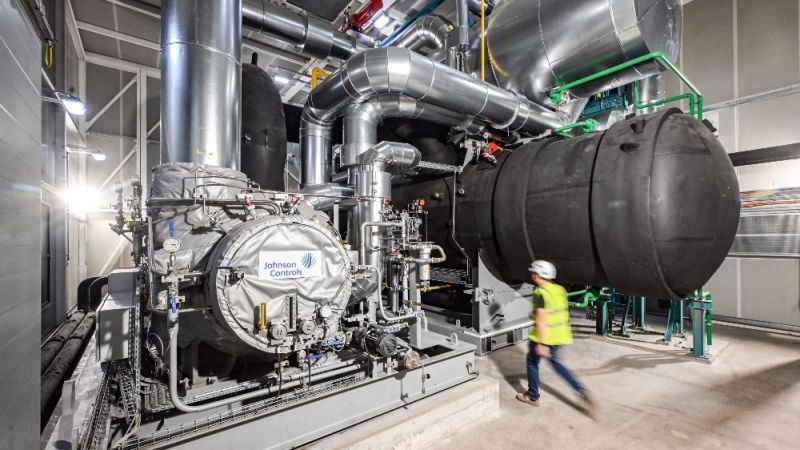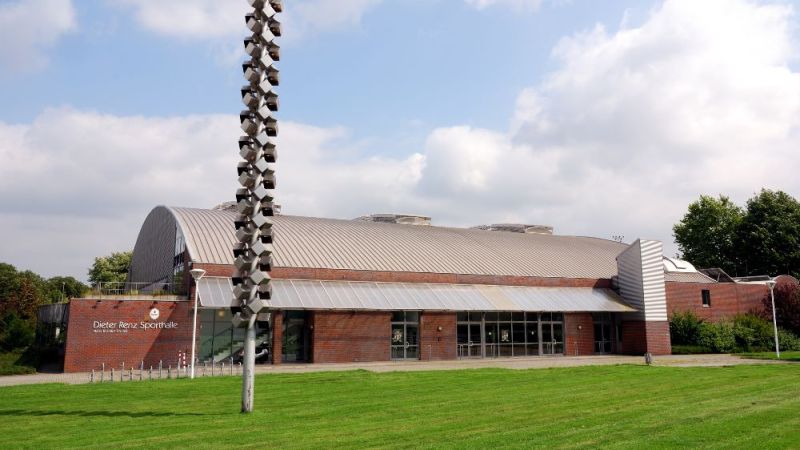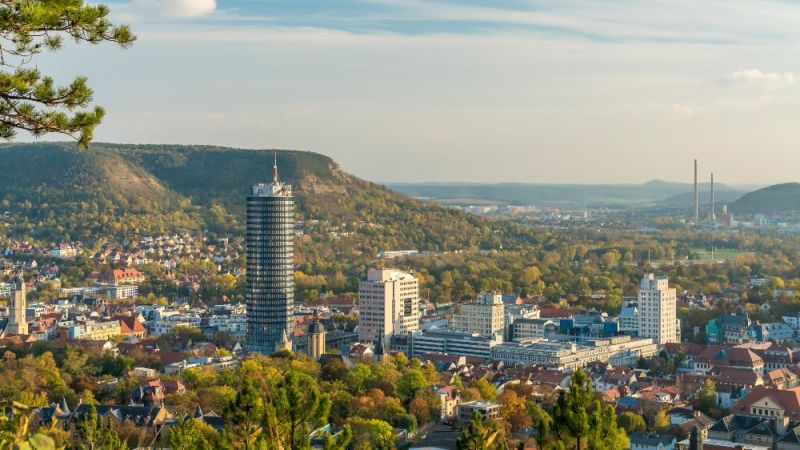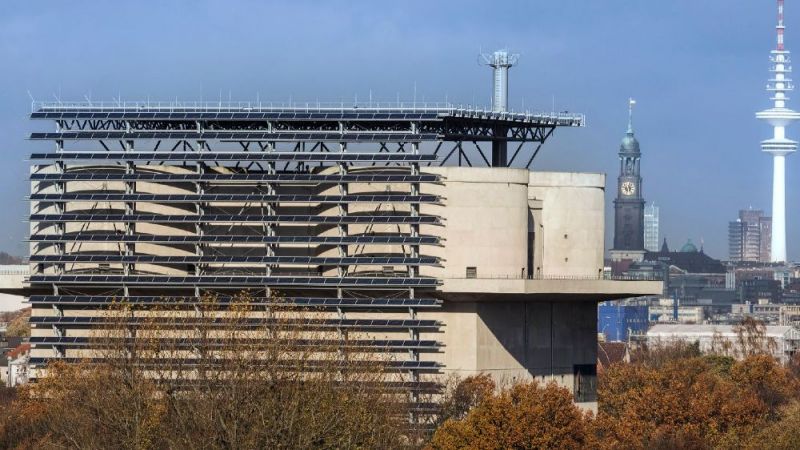
Industry and Services
Customizing Systems for Renewable Heat Supply
The scientific team has focused on large-scale consumers from industry and the service sector. These are companies that use more than 1.5 gigawatt hours of gas per year to supply production processes and heating systems with heat. By comparison, according to the Federal Network Agency, the industry in Germany consumed an average of 478,143 gigawatt hours of gas in 2023.
“With our investigations we were able to demonstrate that most industrial companies have a thermal load profile that shows a clear correlation with the outside temperature,” says Mateo Jesper, a member of the AnanaS project carried out at the University of Kassel, as part of which the study was conducted. As with residential buildings, the heat demand in companies also increases when the outside temperatures drop. The reason for this is that many large consumers, for example in the automotive industry or mechanical engineering, mainly require space heating and only a small amount of process heat. “Only around a third of industrial companies have a heat demand that is independent of the outside temperature and is almost constant on working days throughout the year,” says Jesper. The AnanaS project was funded by the German Federal Ministry for Economic Affairs and Climate Action.
The industry overview of load profiles that is now available provides experts with a valuable repository. This is because they can derive from the heat demand profile over the year whether a particular renewable heat generator can be used in a company in a technically and economically viable way. In addition to the gas load profile, the researchers fed the electricity load profile into the database for 82 of the 797 consumers in order to investigate the temporal relationship between electricity and heat demand. Most of the profiles are from the metalware, mechanical engineering, and automotive industries, as well as the education and healthcare sectors.
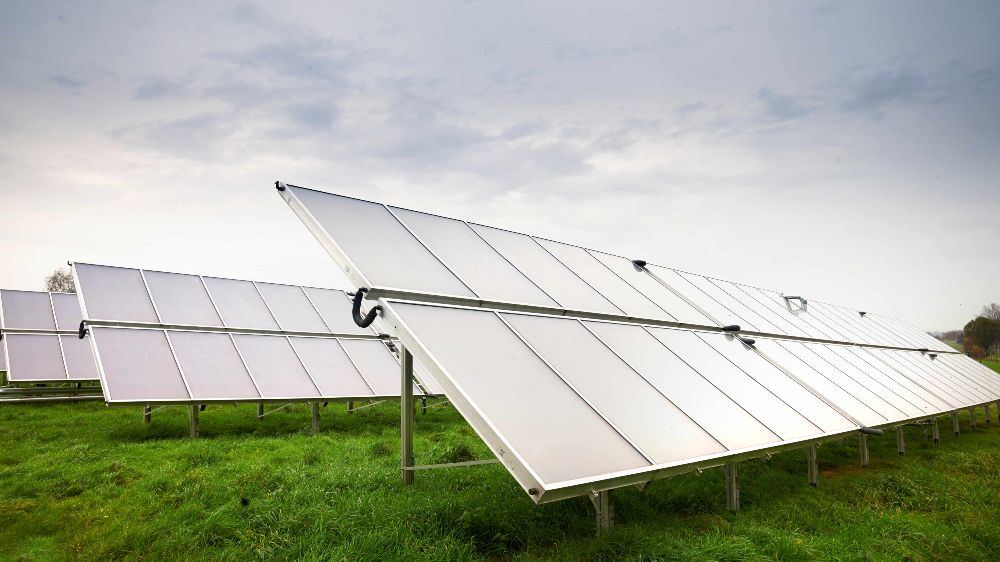
Findings enable more precise design
Covering the energy demand for processes in companies with renewable energy or combined heat and power plants is now becoming more predictable and therefore more efficient. This is because the available load profiles show when peaks or troughs in energy consumption should be expected over the course of the year. Specialist planners or energy managers can customize their systems accordingly. This applies to thermal storage units or peak load boilers, for example, which are used as a backup when the demand for heat exceeds the supply from fluctuating heat sources. “Here, it is important to avoid significant oversizing, as this leads to unnecessary costs and reduces the stability of the system due to more frequent cycling, for example,” says Jesper.
How companies can create their own load profiles
As part of the IEA SHC Task 64, the project partners have translated the findings from the AnanaS project into guidelines and a tool. Industry practitioners can use it to create sector-specific thermal load profiles for a specific location by entering an outdoor temperature profile, for example. The tool is aimed at specialist planners or energy managers, and supports them in carrying out feasibility analyses and preliminary planning of heat supply systems. In addition, the results from AnanaS are currently being incorporated into VDI standard no. 4190.
The Federal Ministry for Economic Affairs and Climate Action (BMWK) has funded the project with around € 802,000 in total as part of the German Federal Government’s 7th Energy Research Programme. Further information on BMWK funding for applied energy research can be found on the website energieforschung.de.



